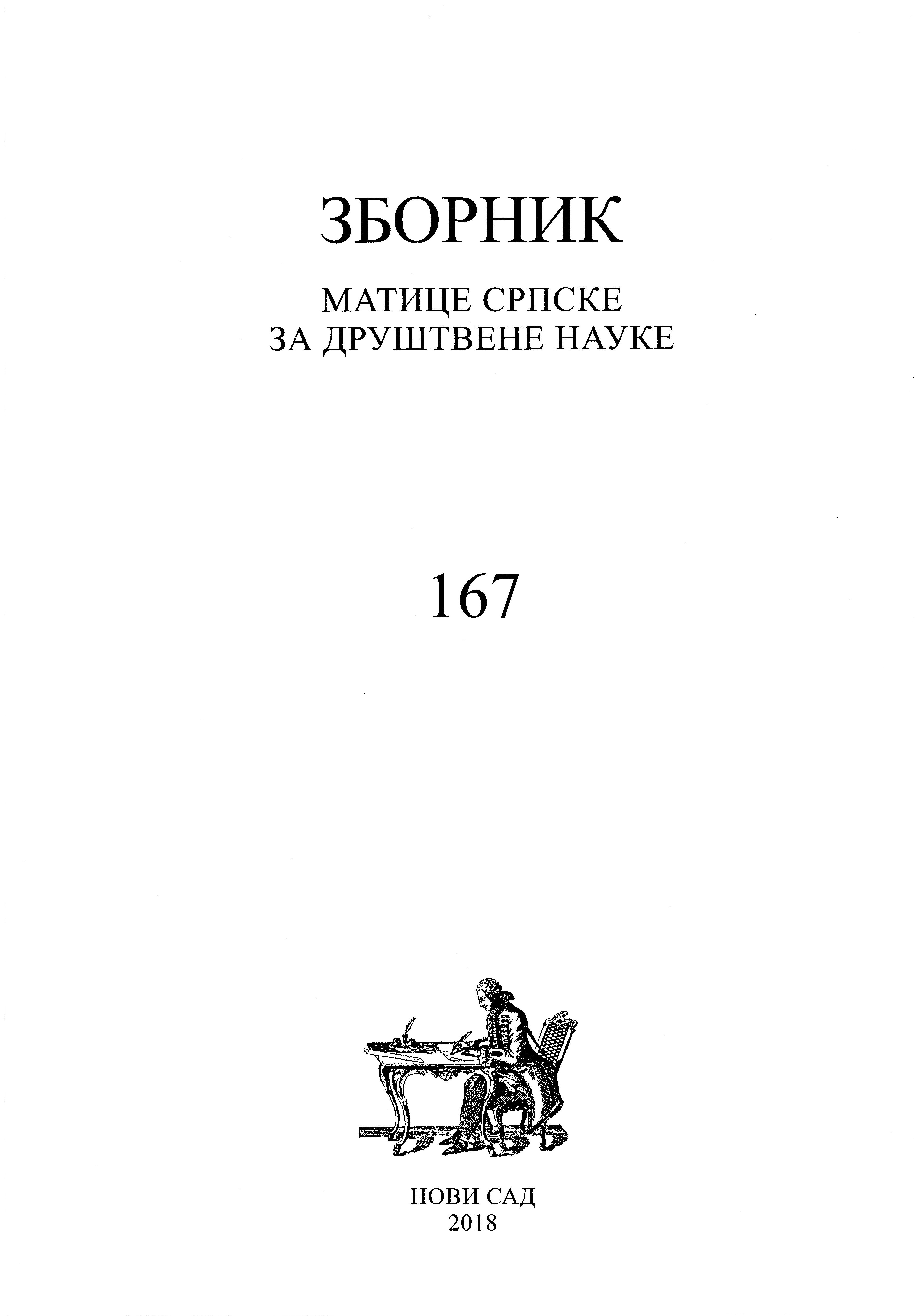Социо-психолошка цена рађања у Србији и политички одговор
Socio-Psychological Cost of Childbearing in Serbia and Political Response
Author(s): Mirjana V. Bobić, Milica Z. Vesković AnđelkovićSubject(s): Social development, Family and social welfare, Demography and human biology
Published by: Матица српска
Keywords: Women/mothers; Men/fathers; Strategy; Research; Policies; Serbia
Summary/Abstract: Serbia is a part of the corpus of more than a half of world populations with very low fertility. According to census from 2011, none of the generations born between 1930 and 1962 in Serbia (without Kosovo and Metohija) gave birth to more than two children. The share of childless women aged 30–34 has been on rise, from 21.2% in census 2002 up to 30.3% in census 2011. These women are most often single, living out of unions, with tertiary education, economically active, employed, living in urban settings. Government of the Republic of Serbia has adopted revised Birth Promotion Strategy by the end of 2017 as the response to the problem of low fertility. It relies on the previous Strategy from 2008, but it upgrades and further evolves the document. This paper is aimed at short elaboration of the third goal of the revised Strategy (decrease of the socio-psycho logical cost of childbearing). Altogether with the second one (reconciliation of work and family), it should create conditions in favour of diminishing enormous exploitation of women/mothers’ resources in parenthood and in household and thus alleviate transition to further birth parities. Empirical base consists of different sources of data, most pro minent one being the last fieldwork carried out in 2017 by the Institute for Sociological Research, Faculty of Philosophy in Belgrade: “Culture of Childbearing – Reproductive and Partnership Strategies of Women in Serbia today”. Results have demonstrated mo derate patriarchal statements among females in Serbia, altogether with quite strong pa triarchal practice in partnering and parenting. It is the persistence of the ideology of “intensive motherhood” and divided female/male performance in the critical moment of “early baby stage” and later on in the course of family life in the context of low quality of everyday life and vast impoverishment at the semiperiphery. Such ideology and repro ductive behaviour are not conducive to increased childbearing which is well documented in literature and research. To the contrary, they lead to postponement and giving up births eventually, especially of higher parities. As a political response we recommend more active inclusion of males into parenthood, by, inter alia, introducing of “daddy quota” in Serbia. This short term and fully compensated paternal leave is recommended to last two weeks. The measure should be followed by vast social promotion of fatherhood, especially in business, with employers, employees and other males.
Journal: Зборник Матице српске за друштвене науке
- Issue Year: 2018
- Issue No: 167
- Page Range: 345-355
- Page Count: 11
- Language: Serbian

